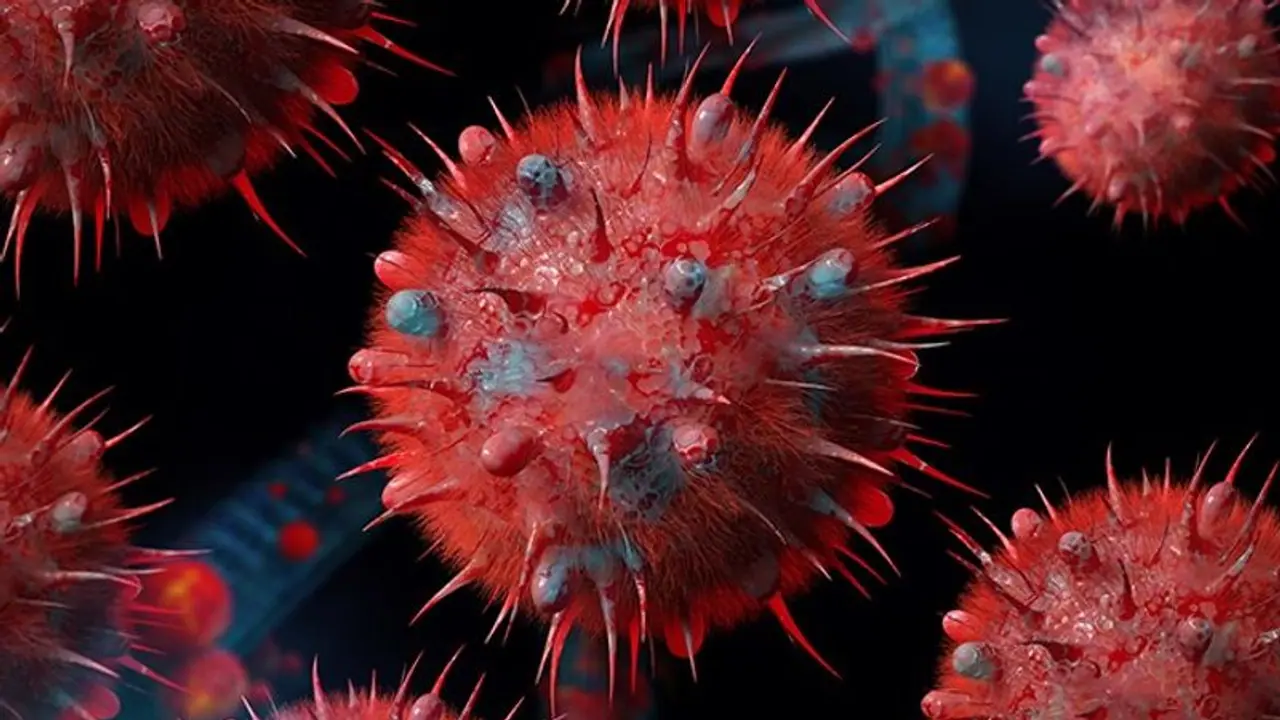H3N2 is thought to have started in birds and was subsequently transferred to humans, whereas H1N1 is known as "swine flu" because it began in pigs and was later transmitted to people.

The influenza A viruses H3N2 and H1N1 are subtypes of the influenza A virus that may cause seasonal flu in humans. Cases have recently grown, and it is harmful. From September through March, the flu is prevalent in India.
With the increase in Covid cases and people's weakened immunity, these viral infections have become even more dangerous. While they share similar symptoms, they can affect your body and mind differently. As a result, knowing the distinction between them is critical for proper diagnosis and therapy. These are the distinctions between H3N2 and H1N1 virus symptoms and therapy.
Also Read: 3 unhealthy foods that can increase acidity in your stomach
H3N2 and H1N1 Virus Differences
H1N1 is known as the "swine flu" because it first appeared in pigs and then spread to people. H3N2, on the other hand, originated in birds before being transferred to humans.
H1N1 tends to afflict younger persons, whereas H3N2 is more frequent in elderly ones. Yet, the present expansion of H3N2 is also frequent in younger groups, suggesting that a significant mutation occurred this year.

Symptoms: While both strains can cause comparable symptoms, H1N1 has been linked to more severe respiratory symptoms like coughing and shortness of breath and gastrointestinal problems such as diarrhoea and vomiting. H3N2 influenza, on the other hand, can produce severe muscular pains and fever.
Vaccination efficacy: Although both strains are included in the seasonal flu vaccine, the vaccine's efficiency may vary from year to year. In some years, the vaccination may offer superior protection against one strain over another.
Both strains can cause significant disease and consequences, especially in persons with underlying health issues or compromised immune systems. Regardless of the circulating type, vaccination is one of the most excellent strategies to protect against the flu and its consequences.
Also Read: 3 hydrating face serums that are apt additions to skincare regime this summer
School-age children must take extra measures since influenza and its variations are major causes of death in children under five. Furthermore, because schoolchildren do generally not take steps while coughing or sneezing, they are more likely to pass the sickness to their elderly grandparents. Another crucial consideration is that H1N1 and H3N2 can be lethal if immunity is weakened, particularly in those with uncontrolled diabetes and organ transplants.
It should be noted that neither variety should be treated with steroids or antibiotics.
